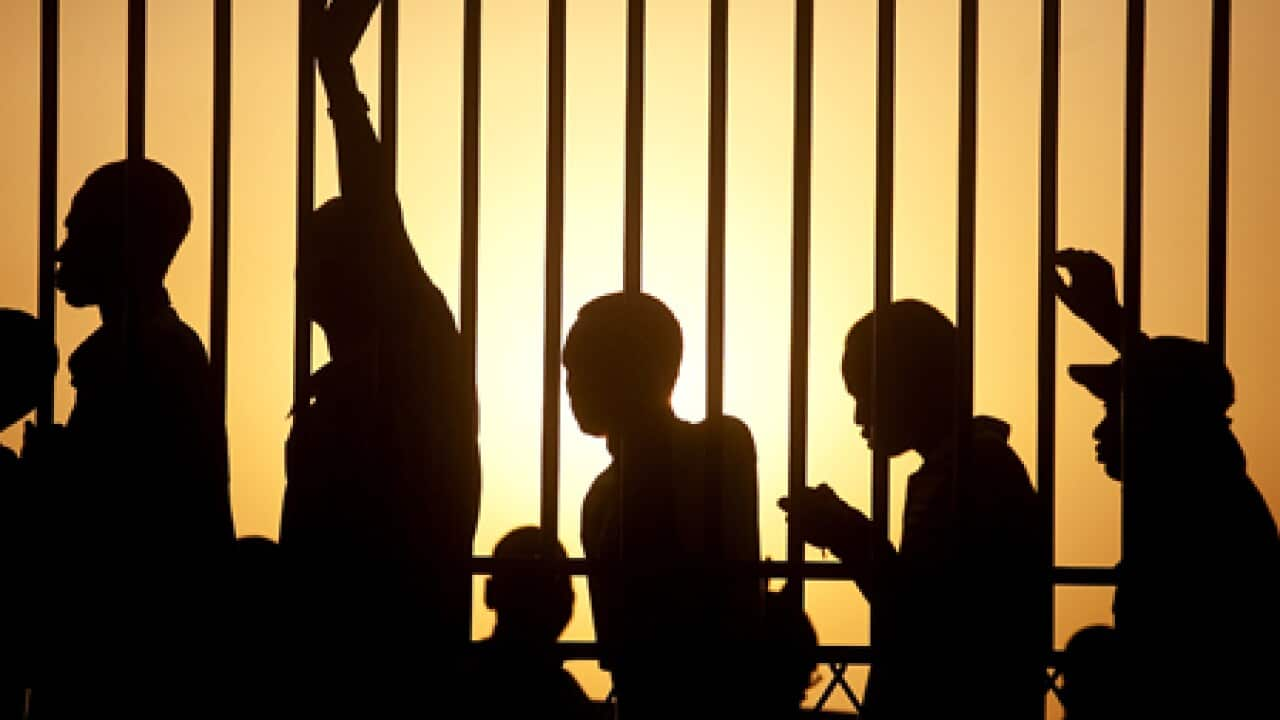Key milestones in relations between soon to be independent south Sudan and the north of the vast African country:
- 1983: Sudanese president Gaafar al-Nimeiri decides to rescind a 1972 agreement under which southern Sudan enjoyed internal autonomy. The measure, which implies the introduction of Islamic sharia law in the region, rekindles an independence movement led by John Garang and his Sudan People's Liberation Army (SPLA).
- 1989: Omar al-Bashir ousts Nimeiri in a coup. He remains in power to this day.
- January 2005: North and south sign a US-brokered ceasefire agreement providing for a period of autonomy for the south followed by a referendum on full independence in 2011. The region around the town of Abyei, which has oil and is claimed by both south and north, is accorded special status.
- July 2005: Garang killed in a helicopter crash and is succeeded as southern leader by Salva Kiir.
- May 2008: Fighting in Abyei between troops from southern Sudan and those of the central government in Khartoum leave 100 people dead and raze the town.
- July 2009: An international arbitration court in The Hague draws new borders around Abyei, locating its main oilfields in north Sudan, outside the disputed region.
- April 2010: Sudan holds its first multi-party elections since 1986. Kiir becomes the south's first elected president.
- October 2010: Talks between north and south fail to produce an agreement on Abyei's future status.
- January 2011: As planned, south Sudan holds its independence referendum, with almost 99 percent voting in favour. Plans are laid for the region to split from the north and achieve full international recognition on July 9.
- March 2011: At least 70 people killed and three villages razed in clashes between the Arab Misseriya tribe, which is backed by Khartoum, and the pro-southern Ngok Dinka people.
- April 2011: Bashir says he will not recognise the south's independence if it insists on claiming Abyei.
- May 21: Northern Sudanese troops backed by tanks seize Abyei town and its environs.
- June 3: UN Security Council demands that Sudan withdraw its troops from Abyei, a call swiftly rejected by Khartoum.
- June 5: Fighting erupts between the northern army and southern-aligned militia in South Kordofan, which borders the south and is the north's only oil-producing state. The conflict escalates tensions between Khartoum and Juba.
- June 12: Bashir and Kiir fly to the Ethiopian capital Addis Ababa for emergency talks aimed at resolving the crises in Sudan's central border region.
- June 20: North and south Sudan sign an African Union-sponsored deal in Addis Ababa to demilitarise Abyei.
- June 27: UN Security Council votes to send a 4,200-strong Ethiopian peacekeeping force to monitor the withdrawal of northern troops from Abyei.
- July 1: Bashir orders the army to continue its campaign in South Kordofan, to "cleanse" the state of pro-southern rebels.
- July 9: South Sudan to proclaim full independence, becoming the world's newest nation.

